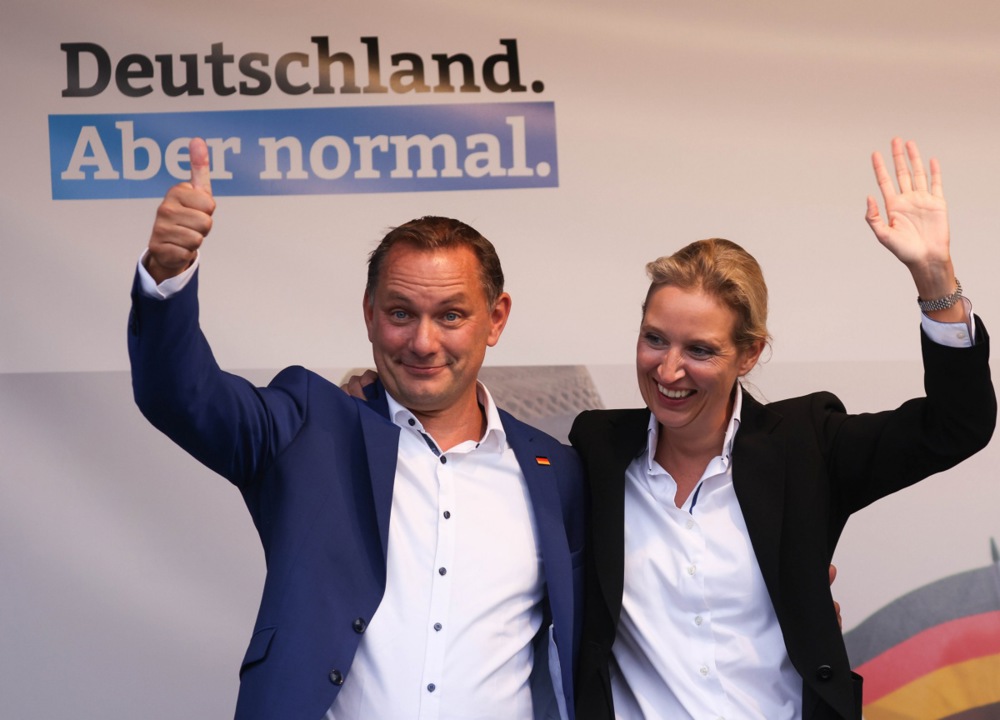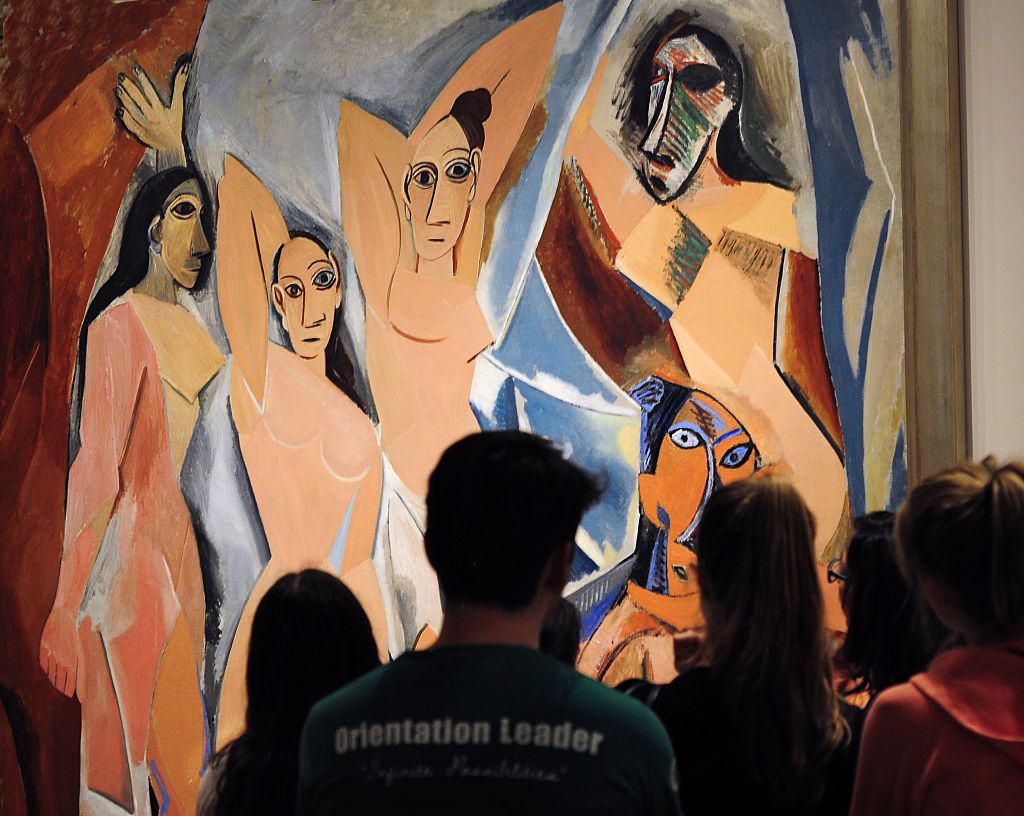The Hungarian Prime Minister has expressed a strong interest in having his party, Fidesz, join the European Conservatives and Reformers parliamentary group after this summer’s EU elections. He should actively pursue that course, even if it means substantially moderating his government’s policies toward Ukraine.
Resolving, or at least ameliorating, his long-standing feud with the European Commission should take precedence in Orban’s policy. Hungary certainly has some economic ties with both Russia and, increasingly, China, but its continued prosperity definitely depends on the benefits European Union membership confers. EU companies control 89 per cent of the total foreign direct investment in Hungary, according to the United States Department of State, and the vast majority of its import and export activity involves EU nations. There is simply no viable economic alternative to good relations with EU nations.
Hungary needs friends within the EU to rebuild those relations. Finding those friends, however, is difficult. The parties of the Left are Orban’s adversaries as a matter of principle, and the center-Right European People’s Party – in which Fidesz once was a member – is no longer a possible hospitable home. Fidesz’s current status as a non inscrits party severely limits its ability to influence debate and policy. It needs to join a parliamentary group to have any possibility of exerting significant power within Strasbourg and Brussels.
That leaves Orban with only two alternatives, the ECR or the Identity and Democracy group. The latter includes many parties that share many of Orban’s policies, such as Marine Le Pen’s Rassemblement National and Austria’s Freedom Party. Joining such an ideologically sympatico group surely holds some appeal.
ID’s ideological solidarity, however, weakens its ability to influence EU deliberations. As a result, many conservative populist parties have instead opted to join ECR. Spain’s Vox, the Sweden Democrats, and the Finns Party have all become ECR members in recent years. Most importantly, Italy’s Prime Minister Giorgia Meloni and her Brothers of Italy party is a member. Meloni has been surprisingly adept at playing the EU game and would be a strong ally for Hungary.
This will especially be important as Hungary ascends to hold the rotating EU Presidency for six months in the latter half of the year. Without allies, Orban will not be able to use this opportunity to Hungary’s best advantage. With them, he could.
Achieving this will require compromise. Three current ECR member parties – Sweden Democrats, Romania’s AUR, and Czechia’s Civic Democratic Party – have said they will leave the group if Fidesz joins because of Orban’s past policies regarding assistance for Ukraine. Sweden Democrats have also been upset that Hungary’s parliament has not yet approved Sweden’s accession to NATO, preventing that nation from joining an alliance it sees as crucial to its future security. This hurdle looks like it will be overcome next week, when the Hungarian parliament is set to approve Sweden’s membership.
Orban has a stark choice ahead: keep his current policies toward Ukraine intact, and join the relatively impotent ID, or modify them and join the potentially influential ECR.
In making that choice, he should note how much Hungary’s continued approach to Ukraine is fraying relations with most of the rest of the EU without significantly reducing military or economic aid. Much military aid has been flowing outside of formal EU structures. Danish Prime Minister Mette Frederkisen’s recent announcement that her nation will give Ukraine all of its artillery munitions is an example of this. Hungary is driving a wedge between it and its primary trading partners over a policy it cannot do much to alter or obstruct.
Moving towards his potential ECR brethren on Ukraine could yield their agreement to help Hungary on other matters more important to the country’s interests. Only Orban can decide what those matters might be, but good politicians always know when it’s in their interest to stop fighting battles they cannot win. And Orban is nothing if not a master politician.
Politics is the art of the possible. Inside the ECR, it’s possible that Hungary can sooth its troubled relationship with the EU while also moving that body more toward the federalist model that he and other leaders share. That seems a much more promising path to take for Hungary’s future than the alternatives.





Trump or Biden? What Europeans need to know about the US presidential elections this year – they are more important for you than any since World War Two